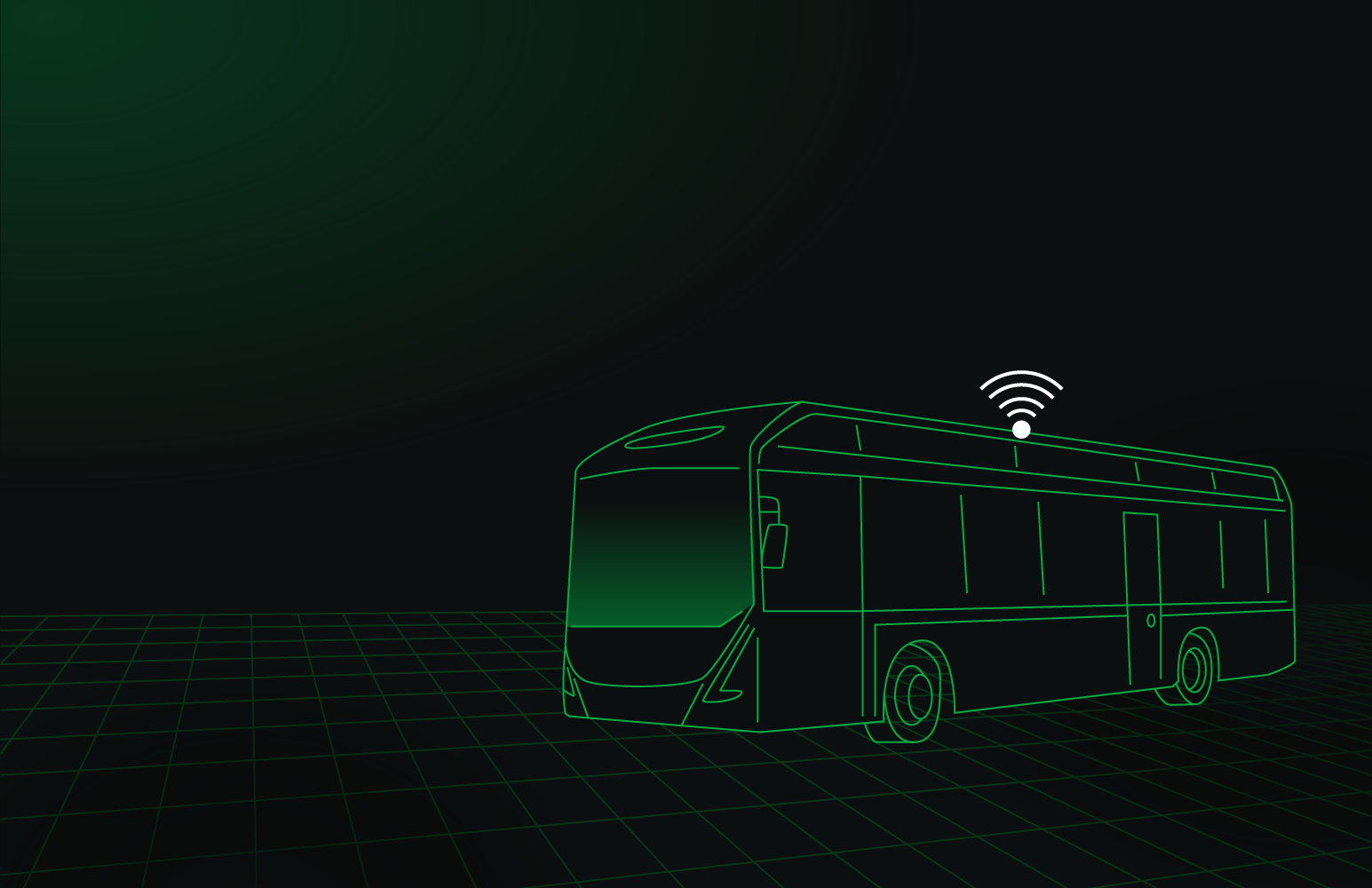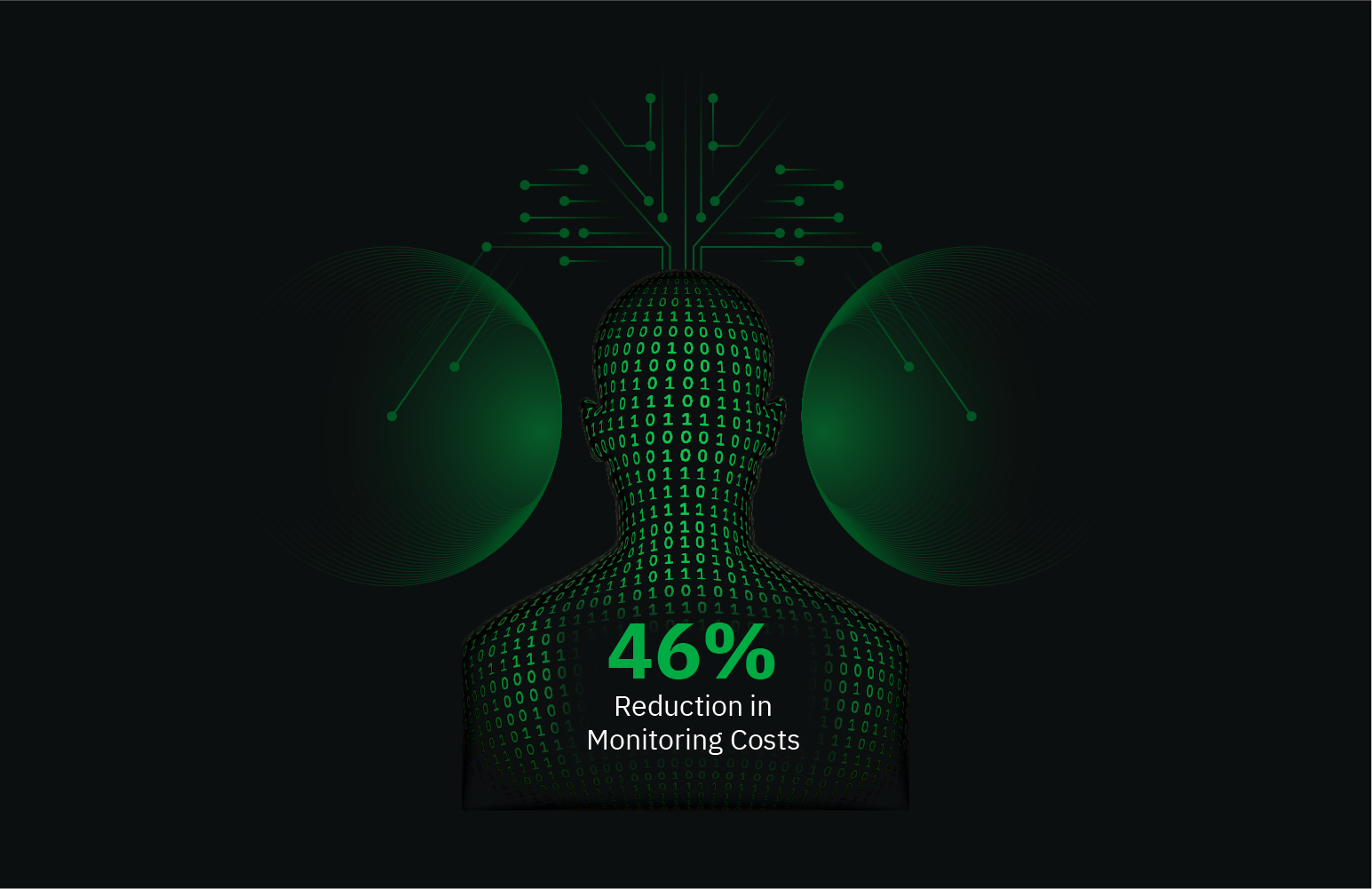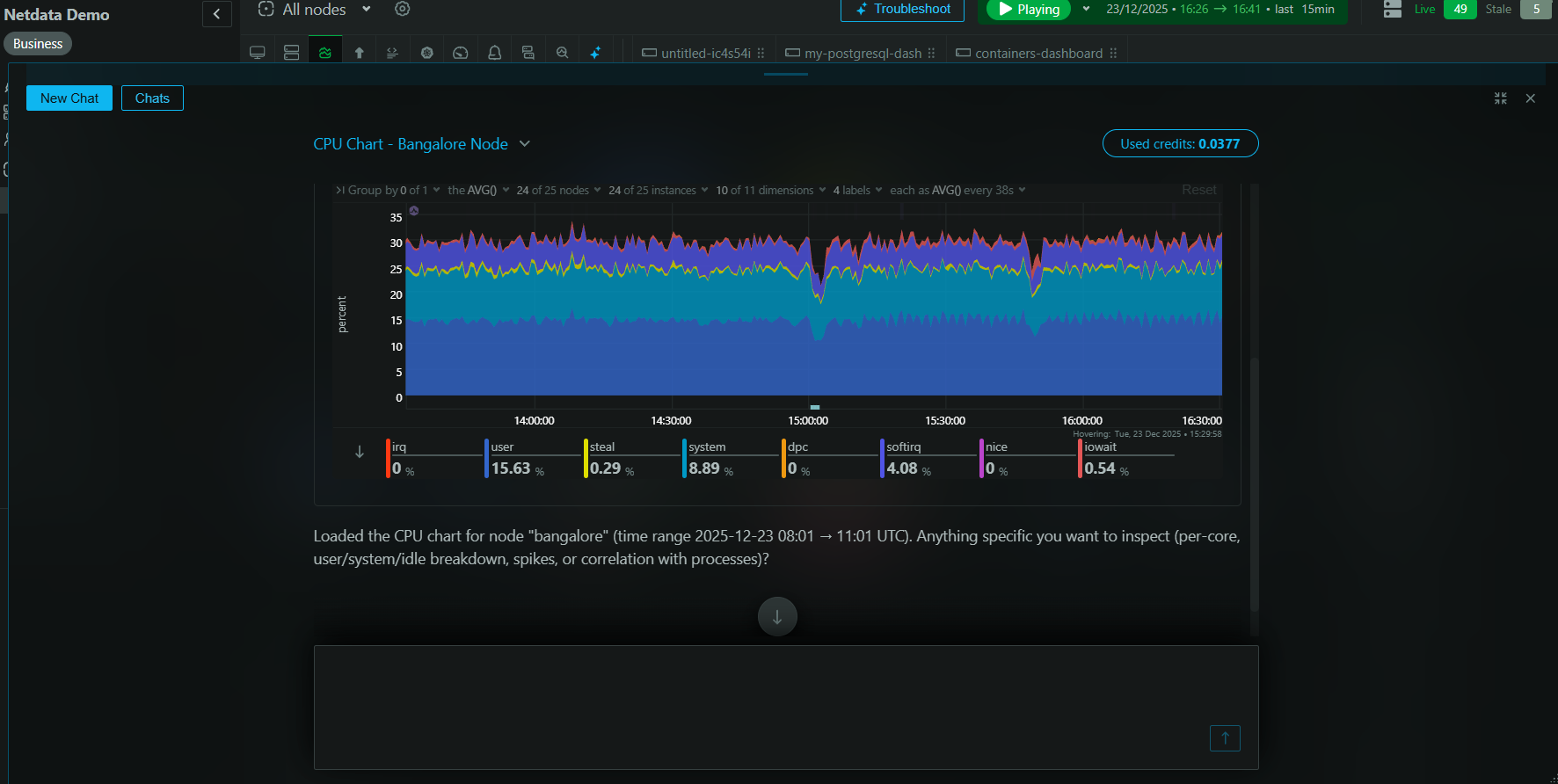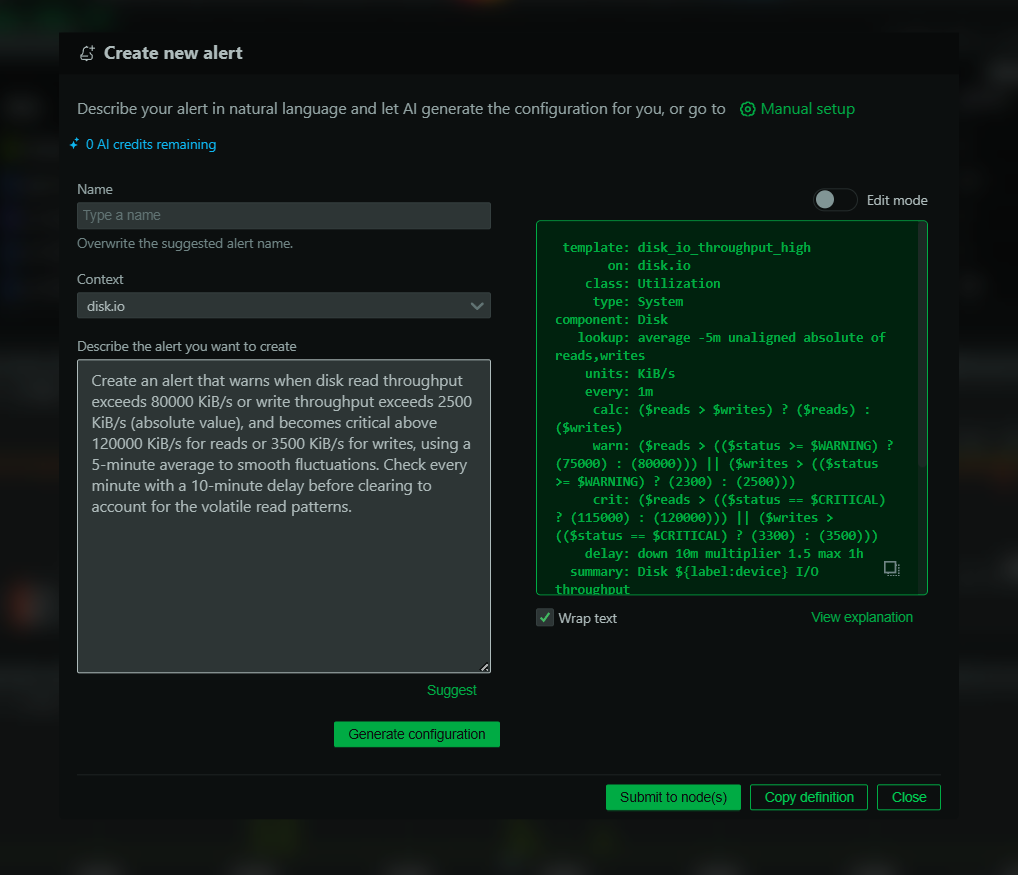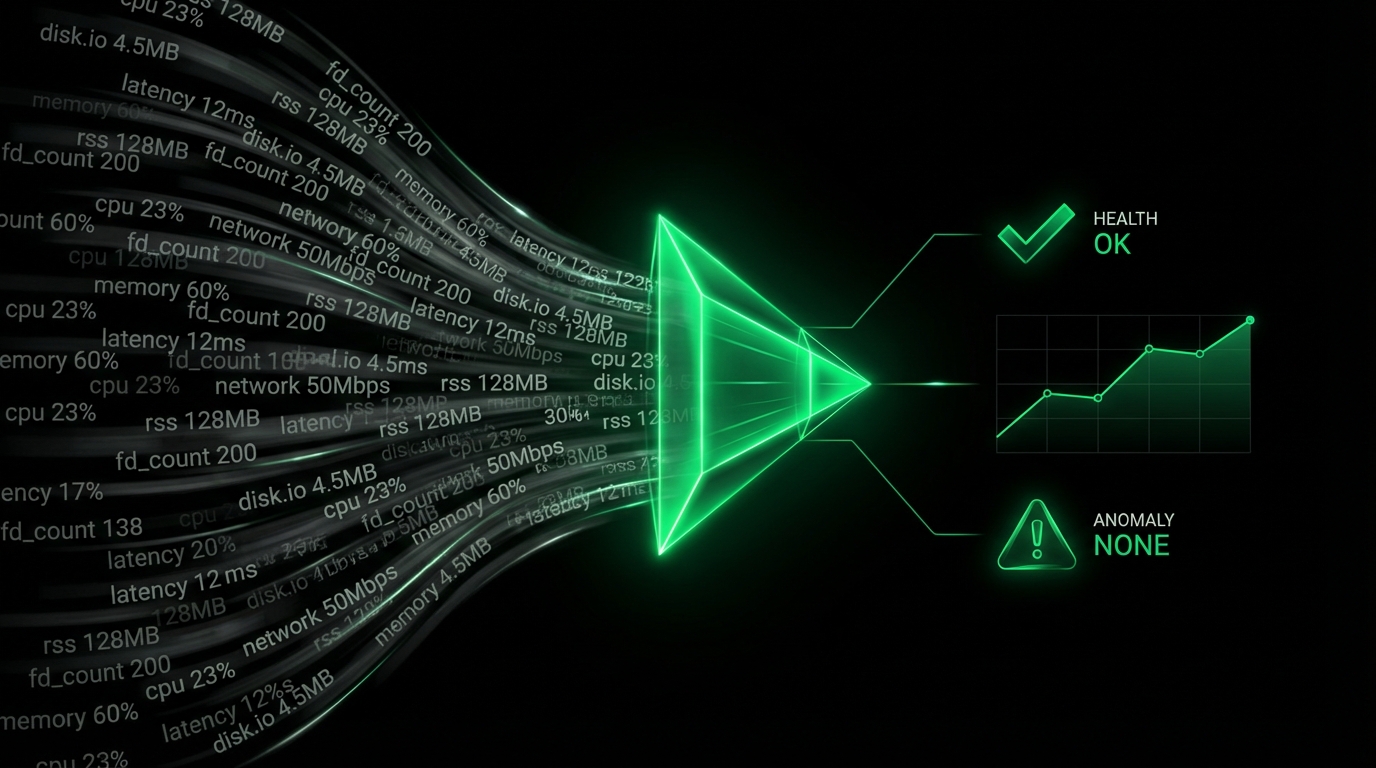| cockroachdb.process_cpu_time_combined_percentage | used | percentage |
| cockroachdb.process_cpu_time_percentage | user, sys | percentage |
| cockroachdb.process_cpu_time | user, sys | ms |
| cockroachdb.process_memory | rss | KiB |
| cockroachdb.process_file_descriptors | open | fd |
| cockroachdb.process_uptime | uptime | seconds |
| cockroachdb.host_disk_bandwidth | read, write | KiB |
| cockroachdb.host_disk_operations | reads, writes | operations |
| cockroachdb.host_disk_iops_in_progress | in_progress | iops |
| cockroachdb.host_network_bandwidth | received, sent | kilobits |
| cockroachdb.host_network_packets | received, sent | packets |
| cockroachdb.live_nodes | live_nodes | nodes |
| cockroachdb.node_liveness_heartbeats | successful, failed | heartbeats |
| cockroachdb.total_storage_capacity | total | KiB |
| cockroachdb.storage_capacity_usability | usable, unusable | KiB |
| cockroachdb.storage_usable_capacity | available, used | KiB |
| cockroachdb.storage_used_capacity_percentage | total, usable | percentage |
| cockroachdb.sql_connections | active | connections |
| cockroachdb.sql_bandwidth | received, sent | KiB |
| cockroachdb.sql_statements_total | started, executed | statements |
| cockroachdb.sql_errors | statement, transaction | errors |
| cockroachdb.sql_started_ddl_statements | ddl | statements |
| cockroachdb.sql_executed_ddl_statements | ddl | statements |
| cockroachdb.sql_started_dml_statements | select, update, delete, insert | statements |
| cockroachdb.sql_executed_dml_statements | select, update, delete, insert | statements |
| cockroachdb.sql_started_tcl_statements | begin, commit, rollback, savepoint, savepoint_cockroach_restart, release_savepoint_cockroach_restart, rollback_to_savepoint_cockroach_restart | statements |
| cockroachdb.sql_executed_tcl_statements | begin, commit, rollback, savepoint, savepoint_cockroach_restart, release_savepoint_cockroach_restart, rollback_to_savepoint_cockroach_restart | statements |
| cockroachdb.sql_active_distributed_queries | active | queries |
| cockroachdb.sql_distributed_flows | active, queued | flows |
| cockroachdb.live_bytes | applications, system | KiB |
| cockroachdb.logical_data | keys, values | KiB |
| cockroachdb.logical_data_count | keys, values | num |
| cockroachdb.kv_transactions | committed, fast-path_committed, aborted | transactions |
| cockroachdb.kv_transaction_restarts | write_too_old, write_too_old_multiple, forwarded_timestamp, possible_reply, async_consensus_failure, read_within_uncertainty_interval, aborted, push_failure, unknown | restarts |
| cockroachdb.ranges | ranges | ranges |
| cockroachdb.ranges_replication_problem | unavailable, under_replicated, over_replicated | ranges |
| cockroachdb.range_events | split, add, remove, merge | events |
| cockroachdb.range_snapshot_events | generated, applied_raft_initiated, applied_learner, applied_preemptive | events |
| cockroachdb.rocksdb_read_amplification | reads | reads/query |
| cockroachdb.rocksdb_table_operations | compactions, flushes | operations |
| cockroachdb.rocksdb_cache_usage | used | KiB |
| cockroachdb.rocksdb_cache_operations | hits, misses | operations |
| cockroachdb.rocksdb_cache_hit_rate | hit_rate | percentage |
| cockroachdb.rocksdb_sstables | sstables | sstables |
| cockroachdb.replicas | replicas | replicas |
| cockroachdb.replicas_quiescence | quiescent, active | replicas |
| cockroachdb.replicas_leaders | leaders, not_leaseholders | replicas |
| cockroachdb.replicas_leaseholders | leaseholders | leaseholders |
| cockroachdb.queue_processing_failures | gc, replica_gc, replication, split, consistency, raft_log, raft_snapshot, time_series_maintenance | failures |
| cockroachdb.rebalancing_queries | avg | queries/s |
| cockroachdb.rebalancing_writes | avg | writes/s |
| cockroachdb.timeseries_samples | written | samples |
| cockroachdb.timeseries_write_errors | write | errors |
| cockroachdb.timeseries_write_bytes | written | KiB |
| cockroachdb.slow_requests | acquiring_latches, acquiring_lease, in_raft | requests |
| cockroachdb.code_heap_memory_usage | go, cgo | KiB |
| cockroachdb.goroutines | goroutines | goroutines |
| cockroachdb.gc_count | gc | invokes |
| cockroachdb.gc_pause | pause | us |
| cockroachdb.cgo_calls | cgo | calls |

